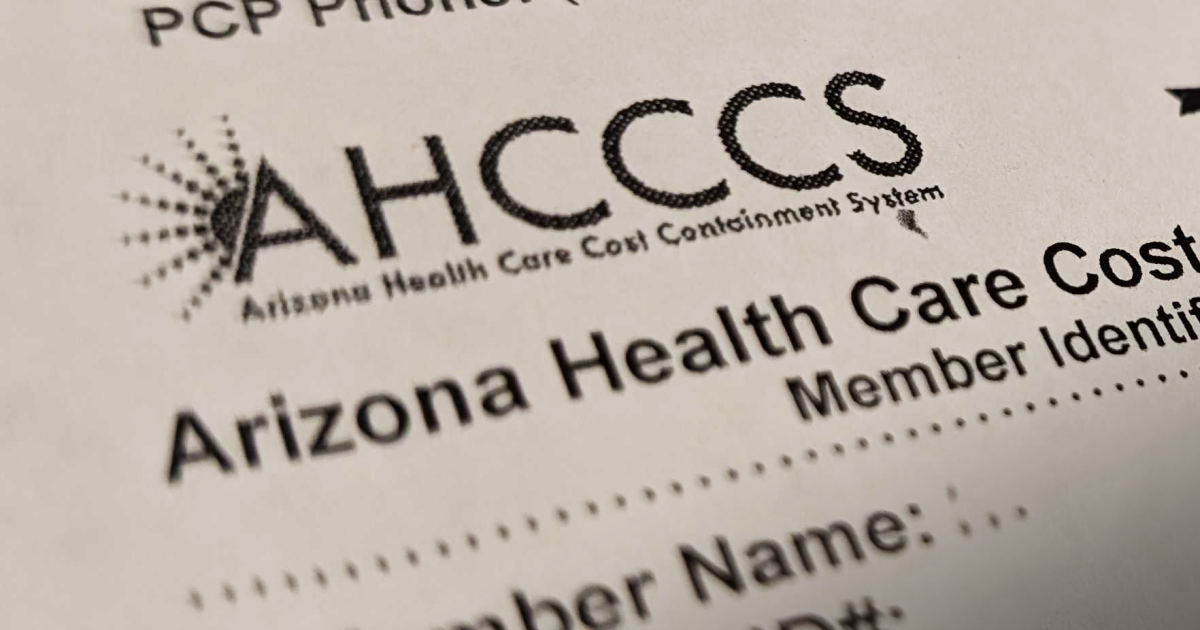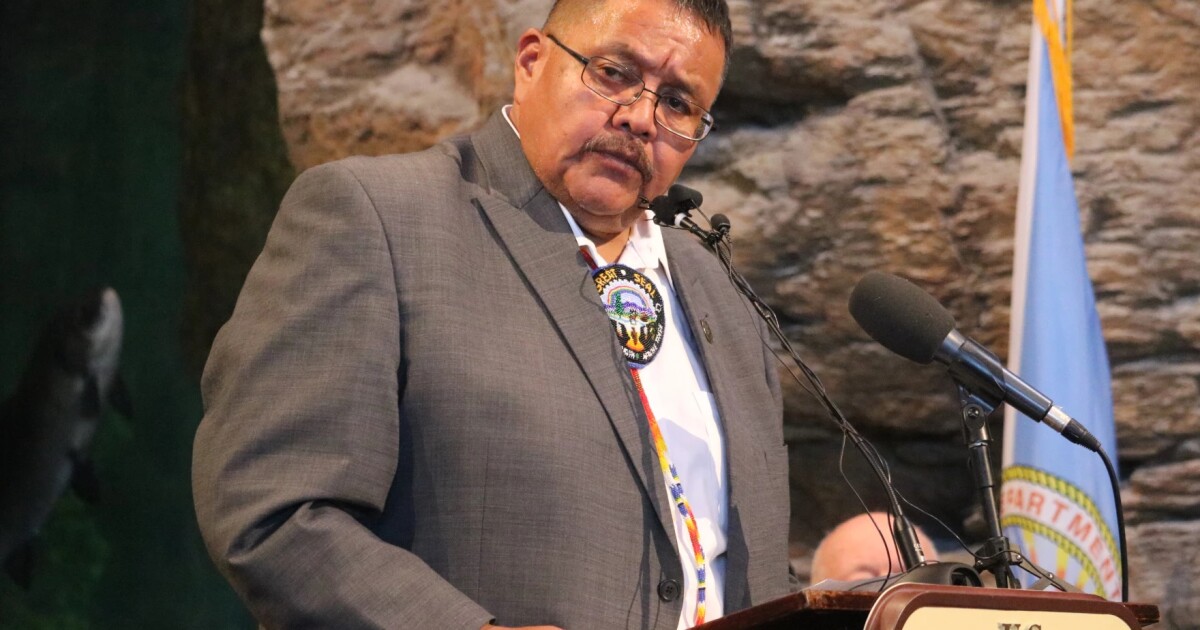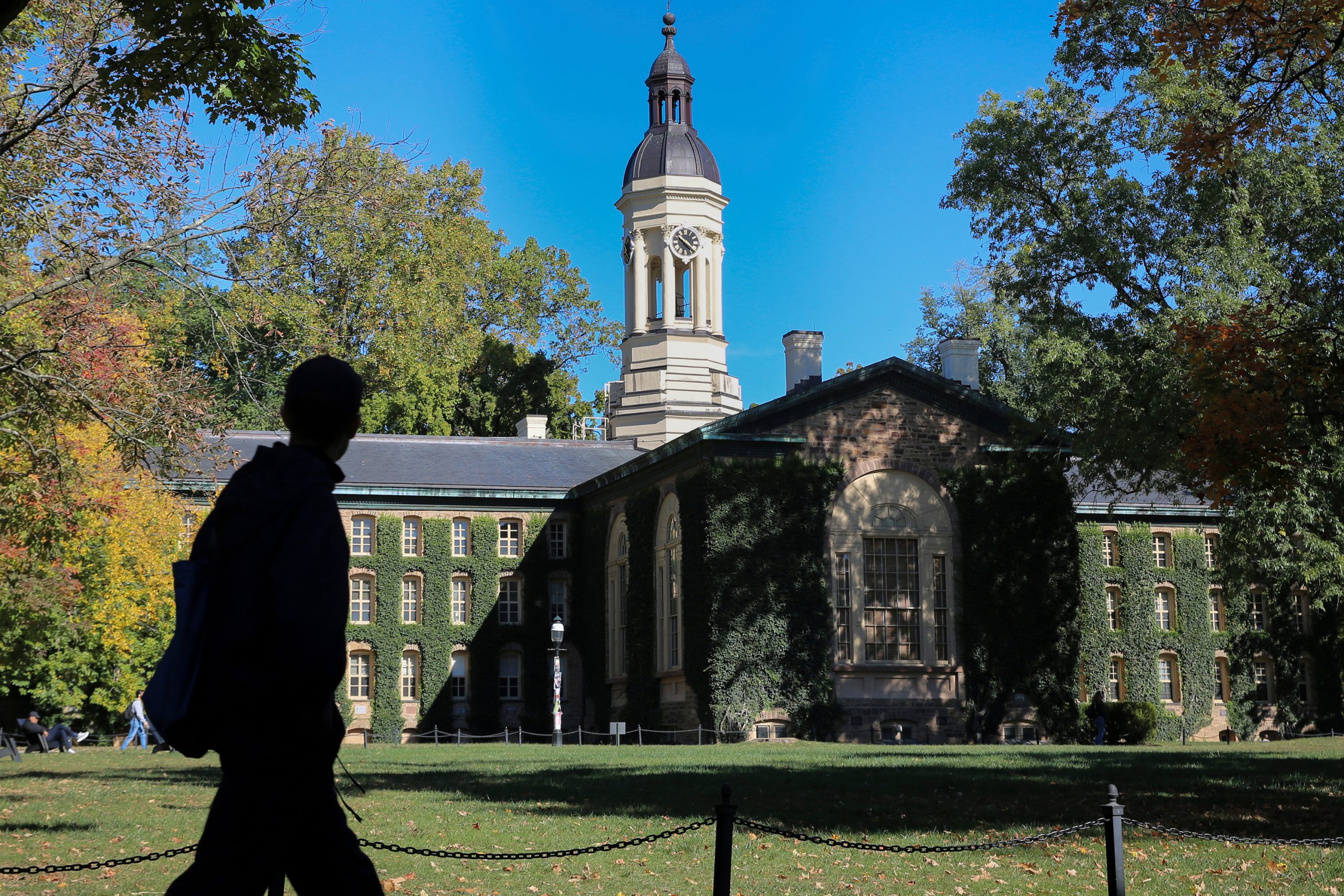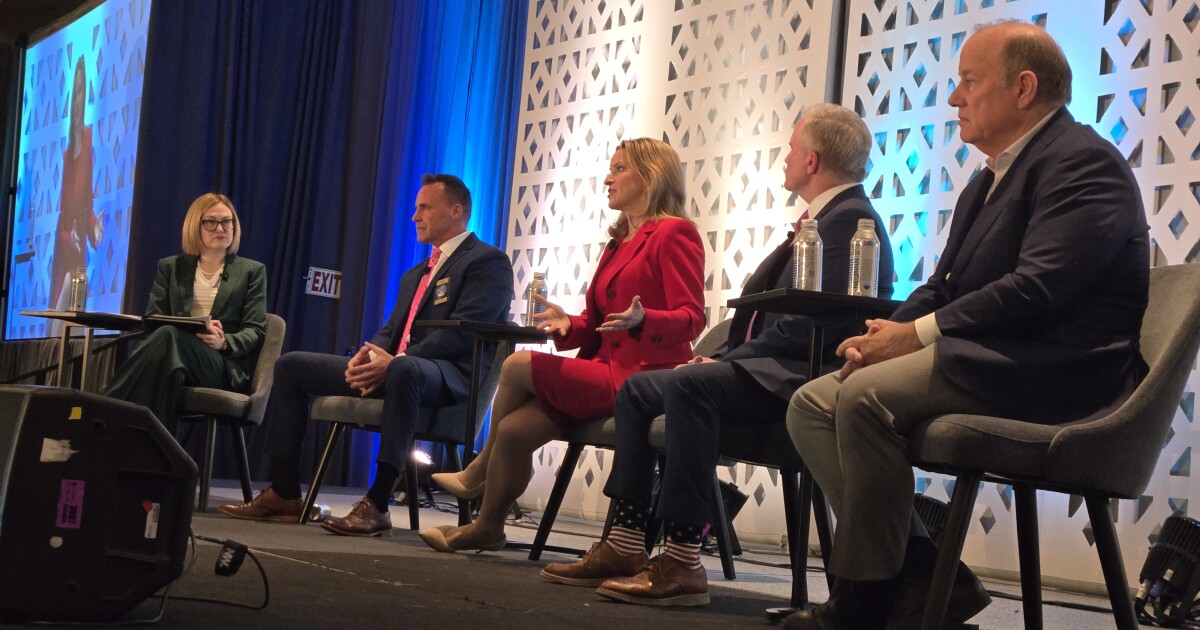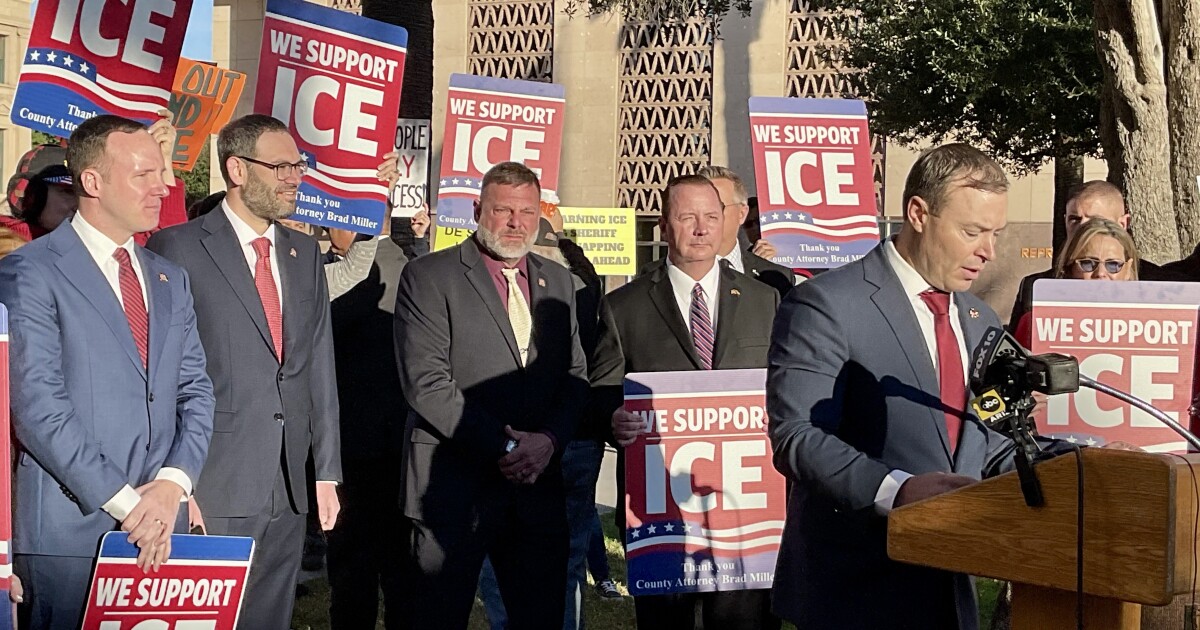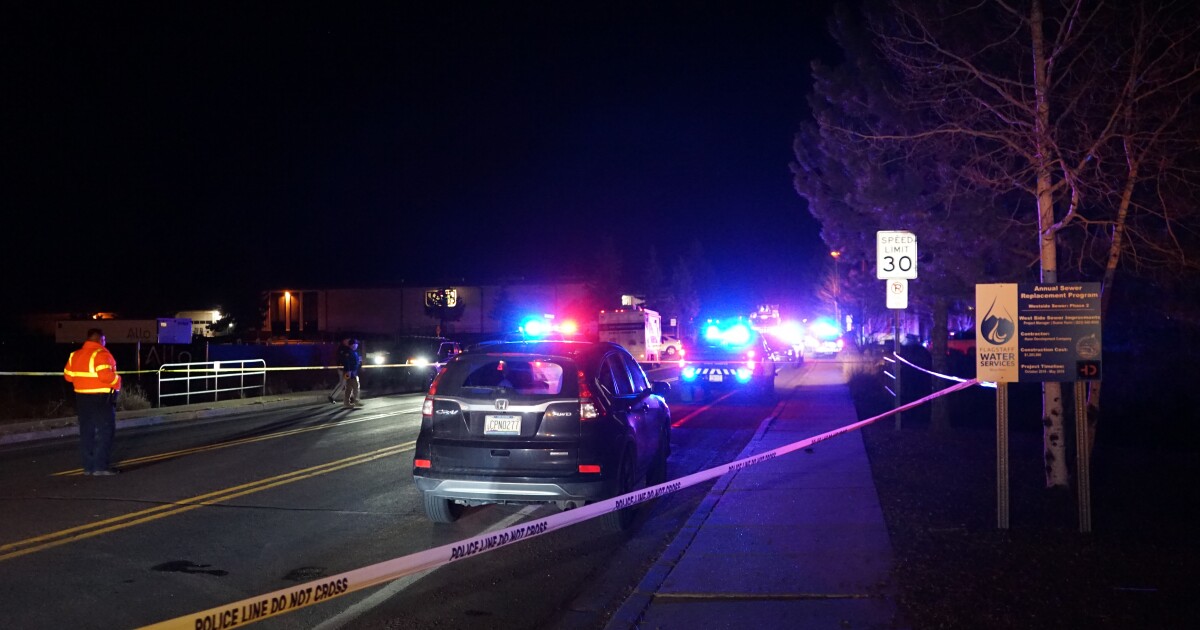Article Summary –
Autumn Gravier shares her personal experience of relying on Medicaid to care for her dying father, highlighting her concerns about proposed Medicaid cuts by House Republicans, which could prevent others in similar situations from accessing necessary support. The legislation, known as the “One Big Beautiful Bill Act,” includes significant budget cuts to Medicaid, potentially leading to over 310,000 people in Pennsylvania losing their coverage, alongside increased administrative burdens that may exacerbate the issue, according to Pennsylvania Department of Health and Human Services Secretary Val Arkoosh. Home care workers like Lolita Owens and Wanda Carroll-Russell express fears that these cuts could severely impact both their patients and their own access to healthcare, emphasizing the broader implications for vulnerable populations and the challenges within their profession.
Autumn Gravier understands how life can transform in an afternoon. At a niece’s birthday party in November 2023, the Harrisburg resident rushed her father to the hospital. The diagnosis: glioblastoma, an aggressive brain cancer.
Gravier, a single mother of two, faced a dilemma. Her father’s prognosis was less than a year, and she wanted to care for him. But quitting her job raised concerns about her chronic health issues and insurance. “I applied for Medicaid,” she said. “It was my only choice.”
Medicaid, covering around 3 million in Pennsylvania, provided essential care for Gravier and her father. Fourteen months later, her father passed away. “Medicaid allowed me to care for him at home,” she noted. “It was both a blessing and a curse.”
As Republicans aim to slash billions from Medicaid, Gravier fears others might not afford to care for dying parents. During a May 22 roundtable at a Planned Parenthood Southeastern Pennsylvania clinic, she shared her experience.

Losing health coverage in Pennsylvania
Medicaid helps many in Pennsylvania, including temporarily unemployed individuals like Gravier, pregnant women, veterans, people with disabilities, and nursing home residents. Nearly 25% of Pennsylvania’s population relies on Medicaid.
Recent Medicaid cuts approved by House Republicans on May 22 threaten at least 310,000 Pennsylvanians’ coverage. The Senate must still vote on the bill, and if altered, it will require reconciliation before President Donald Trump, expected to sign it, receives it.
“Numerous individuals could lose essential health services,” said Arkoosh, Secretary of Pennsylvania’s Department of Health and Human Services. “Cuts would mainly impact seniors, people with disabilities, and those with complex needs.”
Arkoosh highlighted that without insurance, people might resort to crowded emergency departments, and hospitals could face more uncompensated care. “Chronic conditions like heart disease could worsen,” she added.
Intended to fund Trump’s tax cuts for the wealthy, the House bill, called the “One Big Beautiful Bill Act,” faced unanimous opposition from House Democrats. All Pennsylvania Republicans supported the bill, which cuts $700 billion from Medicaid over ten years and increases the national debt by $3.3 trillion.
The legislation affects food assistance, restricts Medicaid funding for abortion-care providers like Planned Parenthood, and bars gender-affirming care access. It risks the closure of hospitals and clinics in Pennsylvania, affecting 13.7 million Americans’ health coverage.
Work requirements could cost Pennsylvania between $400 and $500 million in new administrative expenses for Medicaid and SNAP, warned Arkoosh. New rules could lead to hundreds of thousands losing benefits due to bureaucratic challenges, according to Marian Jarlenski of the University of Pittsburgh’s School of Public Health.
Home care workers fear for their patients, and themselves
Home care workers like Lolita Owens and Wanda Carroll-Russell worry Republican Medicaid cuts will leave their patients without care. Owens, a 25-year home care veteran, fears losing her own Medicaid coverage. “Without Medicaid, I can’t afford my blood pressure meds,” she said. Carroll-Russell, caring for a patient for 19 years, explained, “George has no family. He’ll lose everything: his home, benefits, me.”
Carroll-Russell emphasized the difficulty of being a home care worker, saying, “It’s challenging without sick days or insurance.” Despite her patriotism, she feels the country’s empathy is waning. “I’m a patriot, but I don’t recognize what I see anymore,” she concluded.
—
Read More Pennsylvania News


